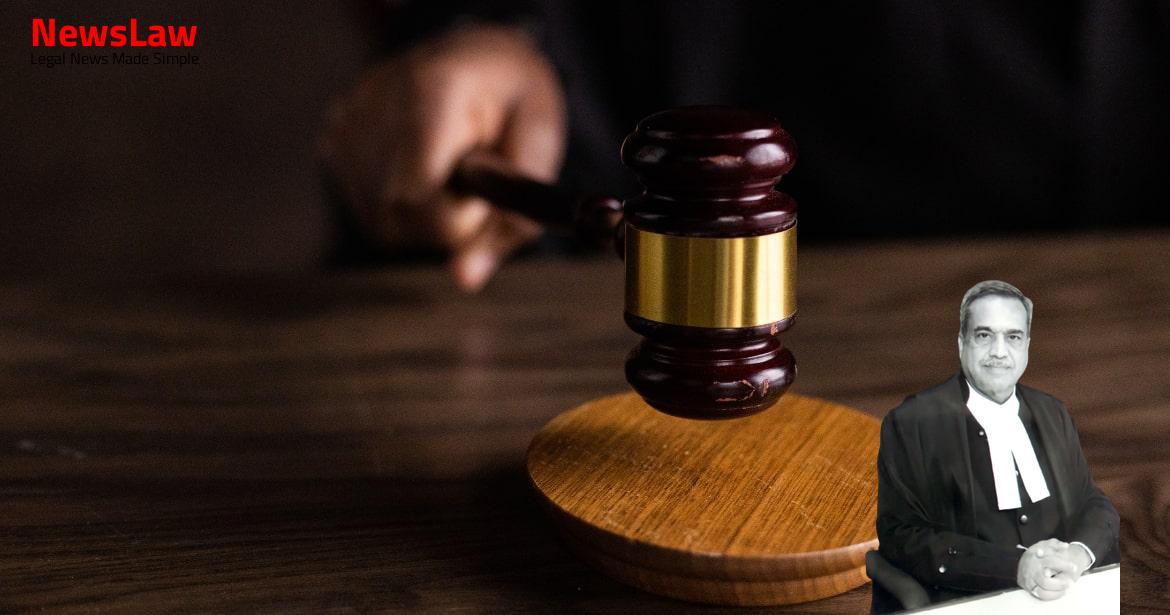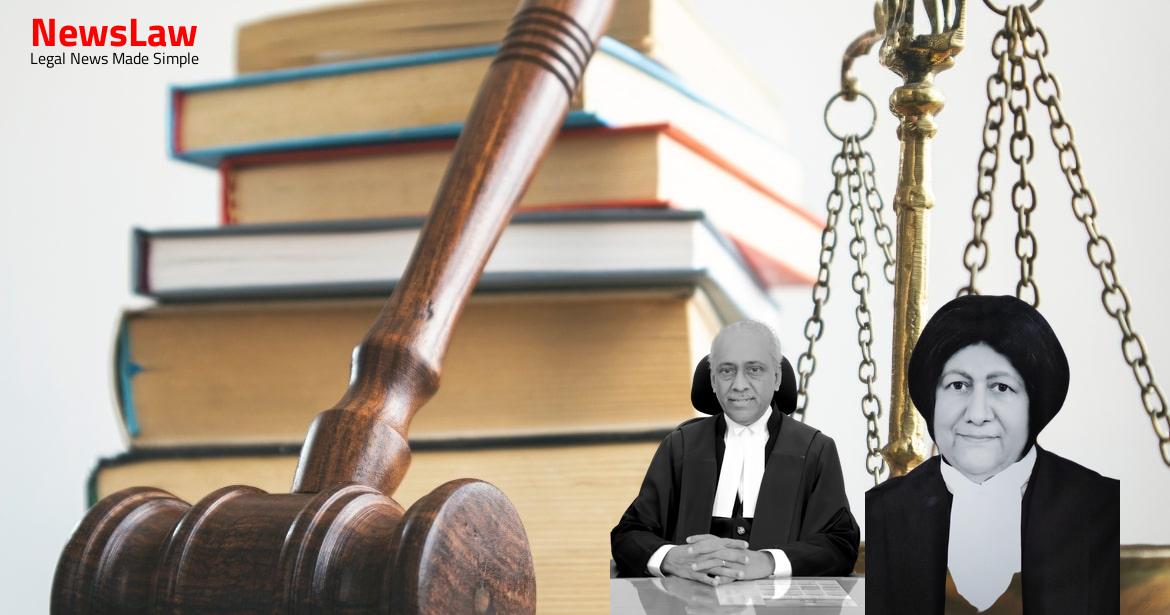In a significant legal development, the Supreme Court of India delivered a judgment in a case related to the State of Orissa v. Debendra Nath Padhi, focusing on the quashing of a complaint. The case involved complex legal issues and raised questions about the abuse of process of law. The judgment provides insights into the application of relevant laws and procedures in such matters.
Facts
- The second respondent and his brother filed a suit for specific performance against the present appellants in 2005.
- The suit was based on two separate agreements for sale dated 29 January 2001.
- Allegations were made that the appellants failed to execute the sale deeds as per the agreements.
- A complaint was filed by the second respondent against the present appellants and others under various sections of the IPC.
- The complaint mentioned that the entire advance paid was received back by the second respondent and Uma Shankar, and they requested to withdraw the suit.
- Cognizance was taken by a criminal court based on the complaint, but subsequent applications were filed for withdrawal of the suit.
- The Trial Judge dismissed the suit for specific performance as withdrawn on 27th November 2008.
- A writ petition under Article 226 of the Constitution was filed by the appellants to quash the first complaint due to a compromise in the suit.
- The High Court dismissed the writ petition on the grounds of previous rejection in a criminal revision application.
- The criminal revision application was dismissed by the High Court.
- The High Court declined to consider the withdrawal of the suit by the second respondent at charge framing stage.
- The Judicial Magistrate’s order dated 28th August 2012 did not mention the withdrawal of the suit by the second respondent.
- Appellants pointed out the subsequent events of settlement and withdrawal of the suit in a criminal revision application.
- High Court held that producing documents at the stage of framing charge was not permissible for the accused.
- Earlier criminal revision application’s order for dismissal of discharge application was confirmed by the High Court.
- High Court did not consider the subsequent events based on the law laid down in State of Orissa v. Debendra Nath Padhi.
- Appellants withdrew the Special Leave Petition filed in this Court with liberty to pursue other remedies.
Also Read: Judgment on Interim Stay of Bail Orders: The Case of Liberty vs. Judicial Discretion
Arguments
- The learned Judicial Magistrate dismissed the second complaint filed by the second respondent stating no case was made out to proceed.
- The second respondent had received all the money under the agreements for sale, making the first complaint an abuse of the process of law.
- There was a bar under Article 362 of the Cr. PC.
- The learned senior counsel for the appellants highlighted the details of the plaint, application for withdrawal by the second respondent, and the order of the Trial Court.
- He criticized the High Court for its hyper-technical approach.
- The learned counsel for the respondent state supported the impugned order.
- The learned counsel for the second respondent also supported the impugned order.
- The High Court was justified in not allowing the appellants to re-open the issue previously closed by an order in an earlier criminal revision application.
Also Read: Zaveri & Co. Pvt. Ltd. vs. ACIL: Legal Precedent on Guarantor Liability
Analysis
- The High Court overlooked that the petition was under Article 226 of the Constitution to quash the complaint as an abuse of process of law.
- The second respondent renounced his claim over the properties in the application dated 11 November 2008.
- The criminal revision application for discharge was rejected, as settlement documents were not considered.
- Primary grievance in the first complaint was the transfer of properties despite agreements and a false application for suit withdrawal.
- Second respondent explicitly stated no claim over properties due to out-of-court settlement with the appellants.
- The order permitting withdrawal of the suit was not disputed or challenged by the second respondent.
- High Court relied on Section 362 of the Cr.PC in its order, which restricts altering judgments once signed.
- The first prayer in the writ petition to quash the complaint was erroneously dismissed citing Section 362 of the Cr.PC.
- The second respondent gave up his rights under the agreements voluntarily.
- Continuing the complaint would be an abuse of the process of law.
- It is crystal clear that pursuing the complaint is not justified in this case.
Also Read: The Disputed Quarrel: Legal Analysis of the Case Involving Muthu and Kesavan
Decision
- A case was made to quash the complaint against the original names involved in the case.
- The High Court made an error in rejecting the request to quash the complaint.
- The judgment focuses on the specific part of the case related to the RPC.
Case Title: SARDAR RAVI INDER SINGH Vs. THE STATE OF JHARKHAND (2024 INSC 472)
Case Number: Crl.A. No.-002807-002807 – 2024



